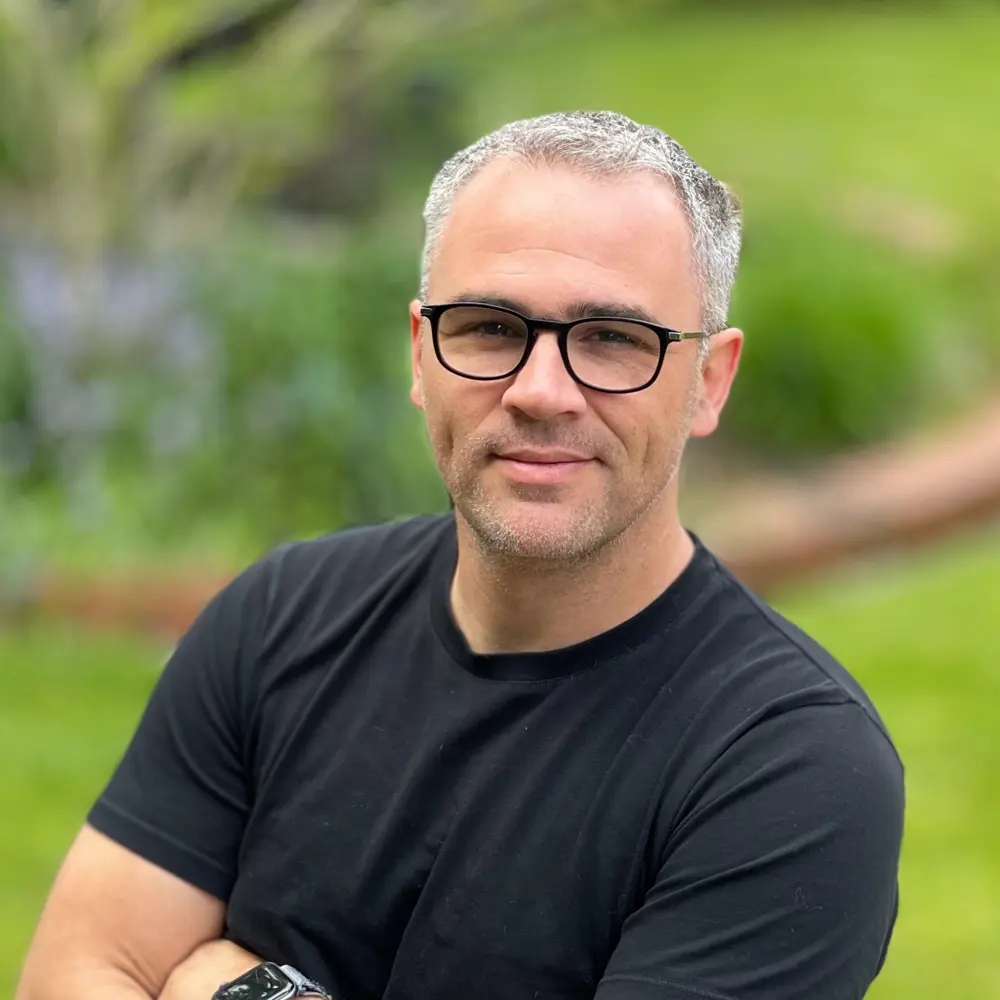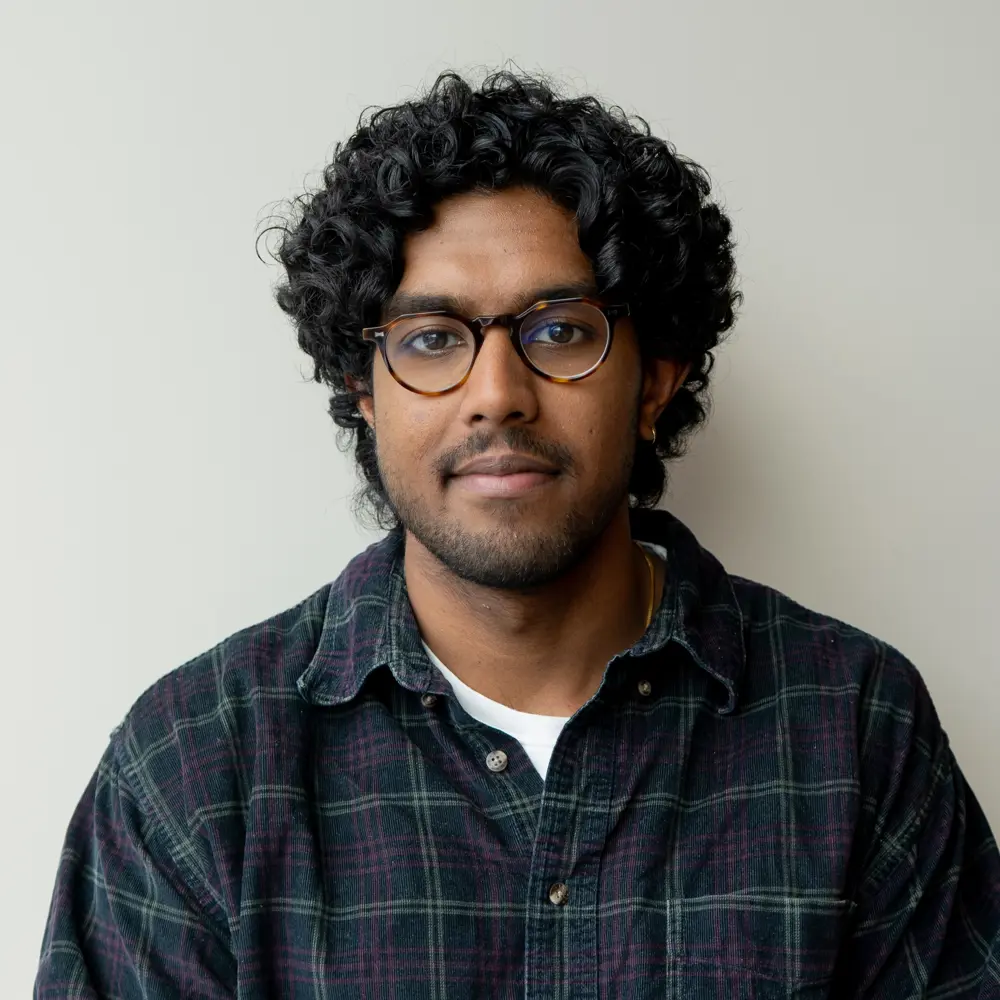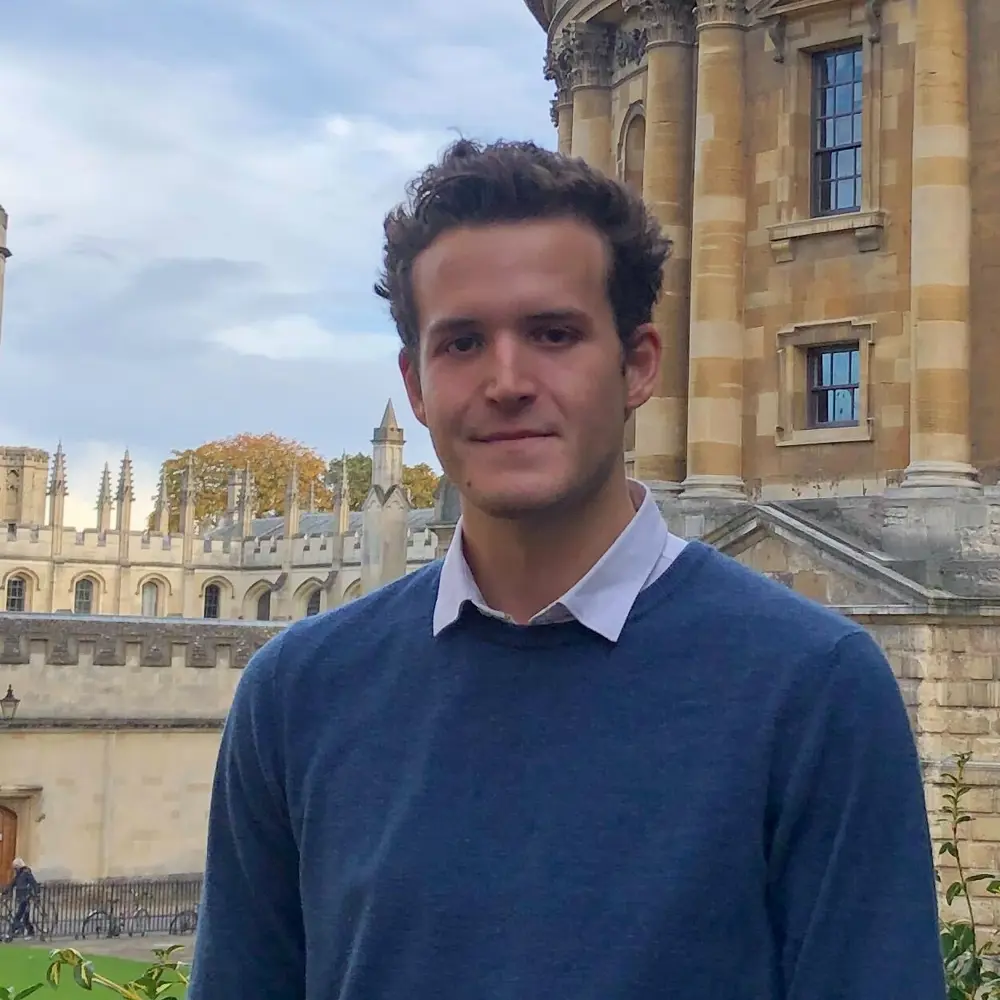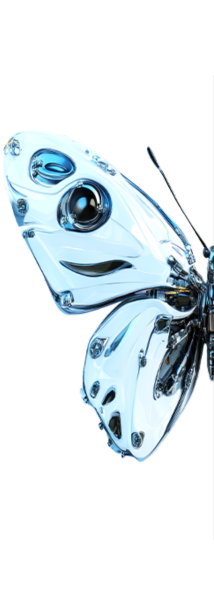Our goal
Mitochondria are central to complex life, and their dysfunction is a major contributor to many major diseases and the ageing process. Yet our ability to investigate the precise nature of that link is limited, because the tools to manipulate mitochondrial DNA remain rudimentary, decades behind what is available for nuclear and prokaryotic DNA. We propose building a revolutionary toolkit to precisely study and edit mitochondrial DNA. This will bring the full power of modern genetic engineering to the mitochondrion for the first time, empowering scientists to rigorously and robustly investigate the link between mitochondrial health and disease. In the long term, it could lead to groundbreaking therapies that reprogramme mitochondria to fight disease and potentially even enhance cellular capabilities. We want to bring together a diverse team of experts from fields like synthetic biology, virology, and nanotechnology to tackle this challenge.
Technical areas
The programme is split into four technical areas, each with their own distinct objectives.
Deliver
Focused on the delivery of nucleic acid payloads across the mitochondrial double membrane into the matrix.
Express
Focused on mitochondrial genome engineering and the expression of functional proteins or RNAs.
Maintain
Focused on ensuring the persistence, replication, and functionality of engineered mtDNA.
Transfer
Focused on achieving in vivo mitochondrial engineering via transplantation or direct toolkit delivery.
Meet the programme team
Our Programme Directors are supported by a core team that provides a blend of operational coordination and highly specialised technical expertise.

Ryan Olf
Programme Director
Ryan is a Caltech and Berkeley-trained physicist with a varied and voracious technical appetite. His previous adventures include creating the world’s lowest-entropy quantum gas, designing nanotube-based GLP-1 implants, automating gene therapy manufacturing, and developing software for his family’s village shop.

Sarath Murugan
Programme Specialist
Sarath joined ARIA from a business operations and strategy role at a defence engineering scale-up, where his team developed a product that brought the capabilities of gen-AI to the disconnected-edge. He holds an LLB from Bristol, and has experience in project and product-facing roles. Sarath supports ARIA as an operating partner from Pace.

Maximilian Sichrovsky
Programme Technical Consultant
As a biochemist, Maximilian's doctoral research at Cambridge focused on mitochondrial biology, using structural and functional studies to better understand membrane transport processes. Before joining ARIA, he was active in Nucleate – helping to bridge the gap between research and entrepreneurship in biotech – and worked with the UK Government Office for Science alongside his academic research.
Sign up for updates
Stay up-to-date on our opportunity spaces and programmes, be the first to know about our funding calls and get the latest news from ARIA.

